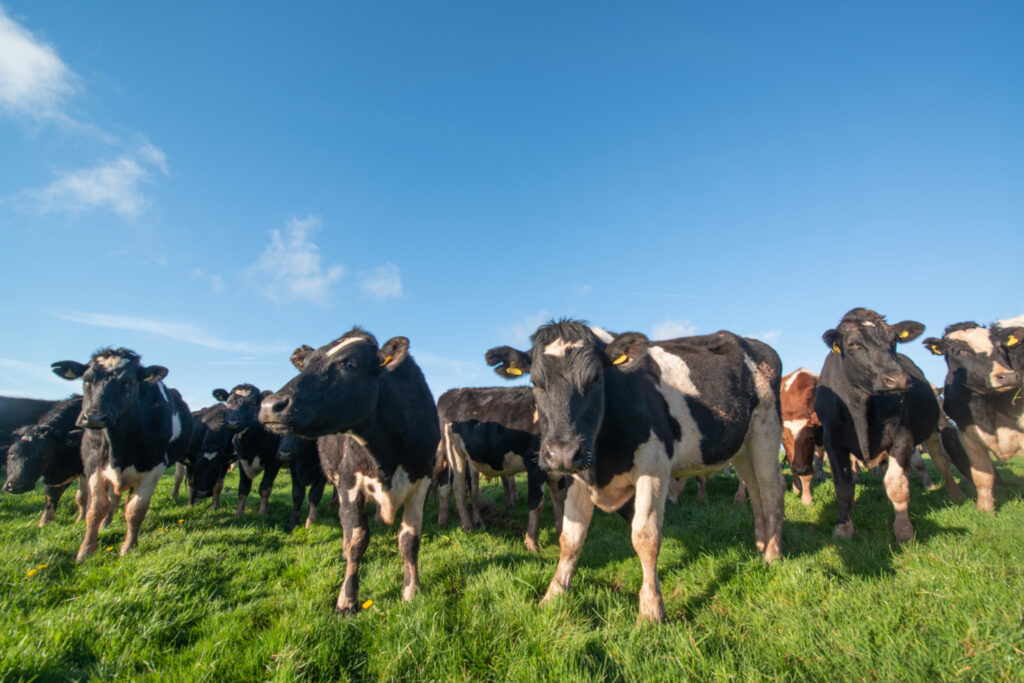The EU’s Common Agricultural Policy (CAP) has increased its environmental and climate ambition, but Member States’ plans are not significantly greener, according to a report by the European Court of Auditors published on Monday.
The new CAP (2023-2027) gives States more flexibility to integrate the EU’s ambitious ecological goals into their national agricultural plans. The report notes that all Member States have taken advantage of exemptions from environmental standards and some have either limited or delayed the application of greening measures required to secure European funds.
A key innovation of the new CAP is the introduction of “eco-schemes.” These voluntary measures reward practices beneficial to the climate and environment. However, many of these schemes merely continue existing ecological practices, the Court observes. In cases where ecological practices have been expanded, there is a lack of data to assess their added value.
Furthermore, the Court highlights that the relaxation of certain conditionality requirements - such as crop rotation aimed at improving soil quality now being optional, in response to farmers’ protests in May 2024 - could further diminish the ecological impact of the plans.
It is also challenging to determine whether Member States’ plans contribute to the objectives of the Green Deal, as the only measurable contribution is the increase in organically farmed land.
Achieving the Green Deal’s 2030 target with this alone will be very difficult, the report concludes.

